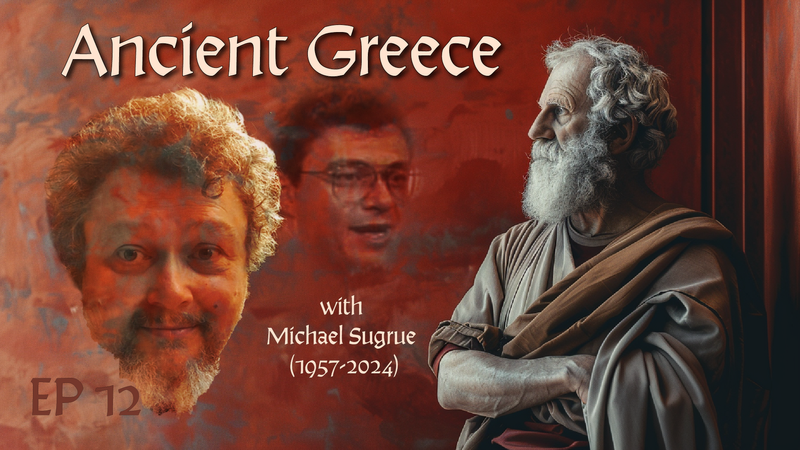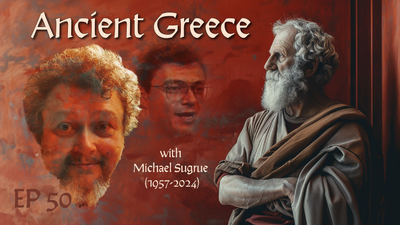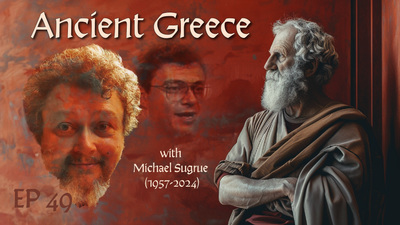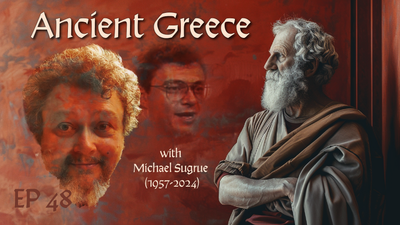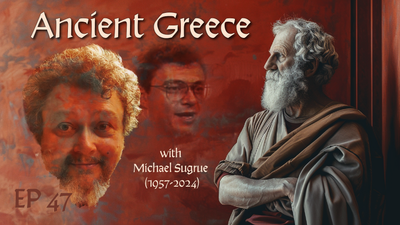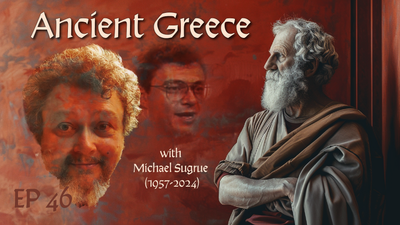Education, for Plato, was not simply the acquisition of knowledge or technical skill—it was the cultivation of the soul, guiding individuals toward a fuller understanding of themselves and the world. In today’s information-driven society, we often see education reduced to metrics like grades or credentials, but Plato’s model invites us to reflect on deeper questions: How do we shape our character through what we learn? What truths lie beyond mere facts and figures? His vision is a timeless call to prioritize wisdom over mere knowledge.
Plato famously likened education to a journey out of a dark cave, from shadows to the light of the sun. This metaphor isn’t merely poetic; it’s a call to embrace intellectual and moral challenges. Today, as we grapple with the complexities of a digital age flooded with information, Plato’s insights remain startlingly relevant. How do we move beyond our own modern “caves” of distractions and echo chambers to pursue the Good, the True, and the Beautiful? That journey is not easy, but it is the essence of education.
In engaging with this week’s reflections, consider where your own path of learning has taken you. What has illuminated your understanding, and where do shadows still linger? You can join us on planksip.org to explore these questions further, where the legacy of Plato serves as an ideal worth imagining and pursuing.
From the Archives of Ancient Greece: Featuring Dr. Michael Sugrue
Dr. Michael Sugrue’s reflections on education in Plato’s Republic offer us a glimpse into the philosopher’s ambitious blueprint for a society built on reason and virtue. For Plato, education wasn’t just about the mind—it was about shaping the soul, turning it away from base desires and towards higher aspirations. Sugrue underscores how this model isn’t limited to children but extends throughout one’s life, suggesting that we’re always in the process of refining our understanding of justice, courage, and wisdom.
Sugrue also points out Plato’s recognition of the moral responsibility that comes with education. In the Republic, the well-educated aren’t just intelligent; they possess the wisdom to lead, to judge fairly, and to resist the temptations of power. Plato’s guardians are not simply intellectual elites; they are philosopher-kings committed to the Good. This
ideal serves as a powerful reminder in our contemporary context, where we often equate education with professional success alone. Plato challenges us to aspire beyond self-interest and contribute meaningfully to society.
Sugrue’s analysis encourages us to reflect on our own journey of education. Are we content with simply acquiring skills and knowledge, or are we pursuing something greater? Readers interested in diving deeper into this theme are invited to engage with the planksip community, where Plato’s personified wisdom is brought to life as an ideal to strive towards.
Insights from the Dialogues: Quoting Plato
In Republic (509d-511e), Plato describes the divided line, a powerful metaphor for understanding the stages of knowledge. At the lowest level, we find mere illusions and shadows—akin to half-truths and opinions we often encounter in daily life. Moving upward, we find beliefs and trust in visible objects, comparable to our reliance on concrete experiences and facts. Yet, Plato pushes us to reach further—to ascend towards reason and intellectual truths, ultimately aiming for a direct apprehension of the Form of the Good.
This analogy of the divided line encourages us to challenge our assumptions and pursue a more profound understanding. For instance, consider the difference between memorizing facts for an exam and deeply understanding a subject. Plato’s educational model values the latter, recognizing that true wisdom involves integrating knowledge into our character and actions. We see this echoed in modern educational approaches that emphasize critical thinking over rote memorization, seeking to inspire learners to question, reflect, and engage deeply with the material.
Reflect on your own experiences: Have there been moments when you transitioned from merely grasping at shadows to fully understanding a concept? Share your thoughts on this transformative process on planksip.org, where you can contribute to a broader conversation inspired by Plato’s vision.
Chance and Fate: Exploring Ancient Games
In ancient Greek culture, games were more than mere entertainment; they were reflections of life, strategy, and fate. Educational games in Plato’s time were used not just to teach children basic skills, but to instill virtues like discipline, foresight, and prudence. Plato, in dialogues like Laws, hints at the significance of structured play in preparing citizens for civic duties. The aim was to educate the mind and the spirit, promoting harmony between reason and emotion.
One example is the ancient game of astragali, a form of knucklebones, which required a blend of luck and skill. These games weren’t purely random; they demanded careful decision-making, echoing the choices we must make in life with limited information and ever-present uncertainty. Plato’s inclusion of such metaphors in his philosophy reminds us that life itself is a game of strategy, where reason and virtue can help guide us through the uncertainties we face.
Explore the Mystical World of Astraguli: Ancient Games of Chance with Cultural Significance.
In reflecting on this, consider the modern equivalents: educational board games or strategic simulations in today’s classrooms, which aim to teach students not only content but also critical thinking and ethical reasoning. How can we apply these lessons to our lives? Join the conversation on planksip.org to share your thoughts on how chance, fate, and choice shape our educational journeys.
Virtues Revisited: Practical Lessons for Today
This week, we revisit the virtue of Prudence, or the capacity to exercise sound judgment in our actions. In the context of Plato’s philosophy, prudence is more than just a practical skill; it’s the guiding virtue that helps us navigate complex situations with wisdom and care. For instance, when faced with ethical dilemmas or competing priorities, prudence calls us to weigh the consequences and act in accordance with reasoned principles.
Modern educational models often emphasize technical proficiency, but Plato’s focus on prudence reminds us that true wisdom lies in knowing how to apply knowledge responsibly. Consider moments in your life where prudence has guided your decisions. How did you navigate a challenging situation with foresight and care? We invite you to reflect on this virtue with the planksip community, where discussions on ancient wisdom continue to inspire new insights.
Engage with Us: Reader’s Corner
Plato believed in the importance of dialogue and communal exploration of ideas, a belief that resonates deeply with our mission on planksip. This week, we encourage you to share your reflections on the role of education in shaping your life. Have you encountered moments of illumination that transformed the way you see the world? What challenges have pushed you to rethink your assumptions?
Selected responses will be featured in next week’s newsletter, offering an opportunity to connect with a community of fellow seekers of wisdom. Let’s continue this journey together on planksip.org, where Plato’s legacy lives on through our shared exploration of ancient and contemporary insights.
Closing Reflection: Socrates’ Enduring Legacy
As we wrap up this week’s discussion on education, we return to the figure of Socrates, the relentless questioner. Socrates’ approach to education was not about delivering ready-made answers, but about awakening the desire for truth in his students. This method challenges us to think critically, question our assumptions, and seek knowledge not just for its own sake, but as a means of becoming better, more virtuous human beings.
In a world that often prioritizes efficiency and certainty, Socratic questioning reminds us that wisdom is born of humility and a willingness to embrace uncertainty. This week, take a moment to reflect on the questions that drive your own journey of self-examination. And if you feel inspired, share your reflections with the planksip community, where the spirit of Socratic inquiry is alive and well. Together, we can strive to turn our souls towards the Good.

Plato Re-Imagined
This course offers 32 comprehensive lectures exploring most of Plato's dialogues. These lectures guide students toward a consilient understanding of the divine—a concept that harmonizes knowledge across disciplines and resonates with secular and religious leaders. As a bonus, Lecture #33 focuses on consilience, demonstrating how different fields of knowledge can converge to form a unified understanding.

